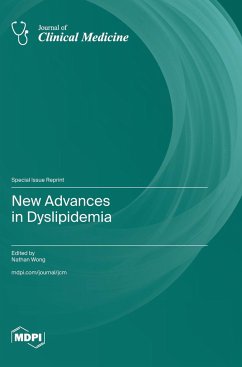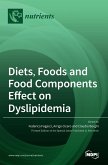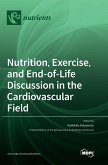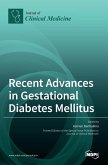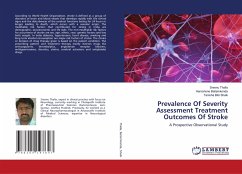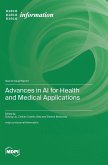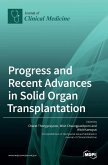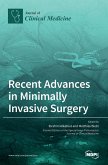Dyslipidemia is an important risk factor for atherosclerotic cardiovascular disease (ASCVD). However, despite current traditional therapies (e.g., statins), significant residual risks for the onset of ASCVD remain, warranting the need to better understand newer therapeutic options for diminishing this prospect. This Special Issue will focus on state-of-the-art concepts in the evaluation and management of dyslipidemia, including the rationale for newly set goals in the lipid treatment of this disease given the recent international guidelines, global trends in the epidemiology of dyslipidemia, the latest concepts and therapies in the evaluation and management of familial hypercholesterolemia, novel therapies for lowering LDL-C beyond statin therapy, the status of lipoprotein(a) as a causal risk factor and newer therapeutic approaches to address it, the evaluation and management of dyslipidemia in children, current and emerging therapies for hypertriglyceridemia, and nutraceuticals to treat dyslipidemia in patients with COVID-19. This Special Issue will discuss state-of-the-art clinical trials and other research developments regarding newer and emerging therapies for the management of dyslipidemia to reduce the residual risks of ASCVD. The hope is to provide clinicians with the latest information on the key aspects of the evaluation and treatment of dyslipidemia, including newer non-statin approaches for decreasing the residual risks of ASCVD, such as the settings of elevated LDL-C, lipoprotein(a), and familial hypercholesterolemia.

